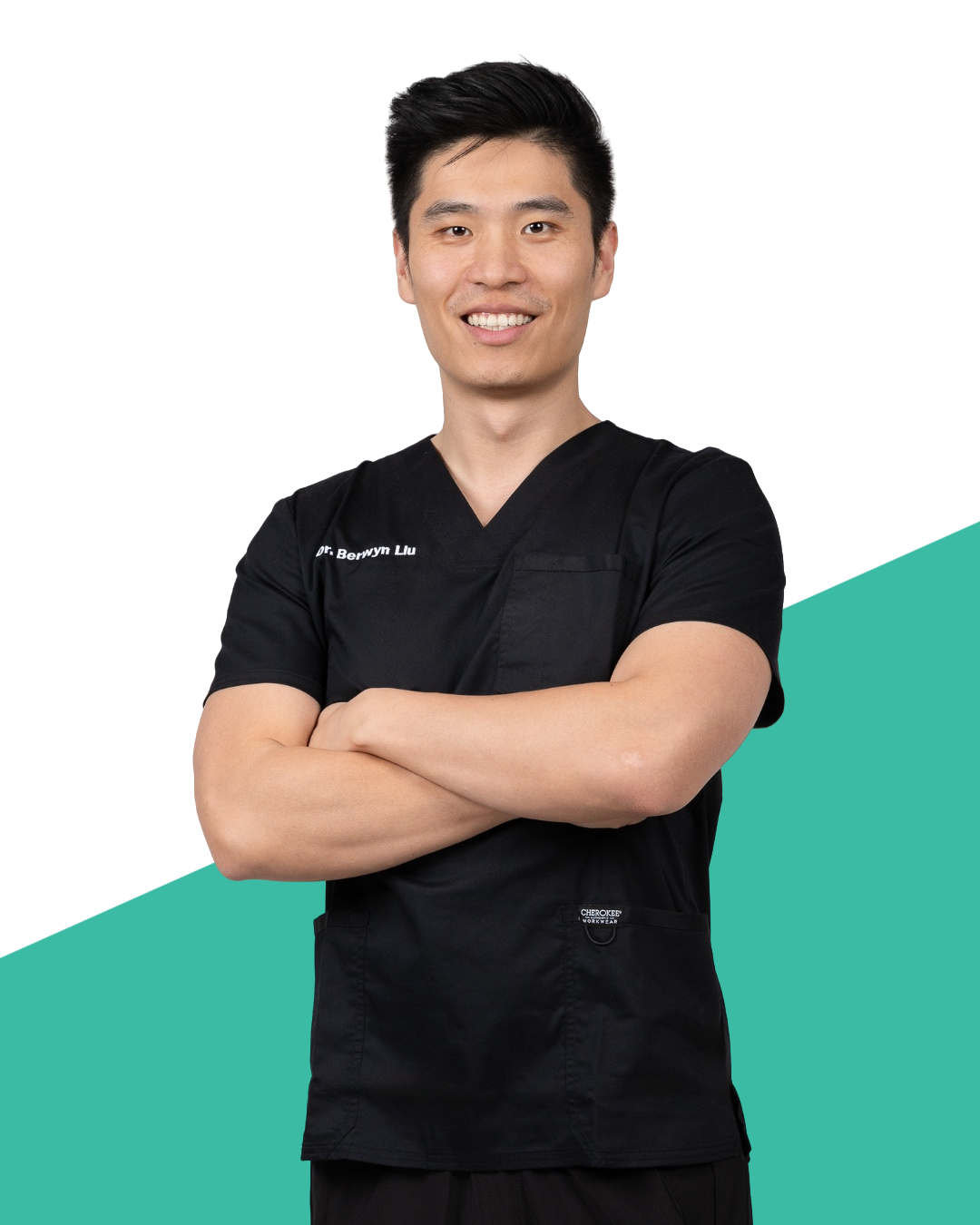Wisdom Tooth Extraction: Addressing Common Issues and Procedures
Wisdom teeth, or third molars, typically emerge between the ages of 16 and 30. Located at the back of the mouth, they often lack sufficient space to emerge properly, leading to impaction. These last teeth to develop are named for the stage of maturity associated with this period of life.
When Should Wisdom Teeth Be Extracted?
Common Issues:
Cavities: Extensive decay that affects adjacent teeth or requires root canal treatment often necessitates extraction to prevent further complications.
Impaction on Neighboring Teeth: Wisdom teeth may grow into adjacent teeth, making cleaning difficult and potentially causing cavities or resorption, leading to discomfort.
Insufficient Space: Modern human dental arches are smaller, making it common for wisdom teeth to cause swelling and pain due to lack of space.
Difficulty Cleaning: Wisdom teeth often emerge at an angle, complicating oral hygiene and increasing the risk of cavities.
No Opposing Tooth: A wisdom tooth without an opposing tooth to balance it may overgrow and affect the bite.
Impacted Teeth: Impacted teeth, buried in the jawbone, may cause issues if they become painful or develop pathological problems.
Problems Caused by Wisdom Teeth
Wisdom teeth can cause various issues if they are not properly aligned or fully erupted:
Severe Pain & Swelling: Common due to pressure and impaction.
Infection: The gum around the wisdom tooth can become infected (pericoronitis), leading to discomfort and potential complications.
Pain Radiating to Adjacent Areas: Pain may extend to neighboring teeth, the ear, or the jaw.
Food Traps: Impacted wisdom teeth can trap food, leading to bad breath and a persistent bad taste in the mouth.
Pathology: Cysts can form, potentially damaging nearby teeth and bone.
Crowding: Wisdom teeth can push other teeth, causing misalignment.
Our Advantages
Expert Team: Services provided by experienced dentists and technicians.
Minimally Invasive Techniques: Advanced methods to reduce surgical trauma and speed up recovery.
Personalized Plans: Tailored extraction and care plans based on individual conditions.
Safety Assurance: Adherence to medical safety standards with certified instruments and materials.
Language Services: Fluent in both Chinese and English to ensure clear communication.
What to Expect During the Procedure
Sedation: Administered if required for comfort.
Local Anesthesia: Applied to numb the area effectively.
Extraction: Wisdom teeth are carefully removed.
Sutures: May be placed if necessary.
Post-Care Instructions: Gauze and an ice pack are provided along with detailed aftercare instructions.
Post-Extraction Care
Rest: Allow time for recovery, which may take several days.
Swelling & Bruising: These are normal and may affect the cheeks and lips.
Pain: Limited ability to open the mouth due to discomfort.
Diet: Stick to soft foods for the first two days to avoid irritation.
Frequently Asked Questions
Best Time for Extraction
Best when wisdom teeth cause pain, infection, or impact other teeth. Asymptomatic, fully embedded teeth may not need immediate removal.
Pain Management
Pain can be managed with medication and ice packs. Persistent pain should be discussed with your dentist.
Bleeding
Apply pressure with gauze; seek medical attention if bleeding is excessive or prolonged.
Infection Risk
Maintain good oral hygiene, avoid smoking and alcohol, and follow care instructions to prevent infection.
Swelling
Local swelling is normal; use ice packs and anti-inflammatory medications to manage it.
Bone Healing
The bone socket takes several weeks to months to heal. Avoid vigorous chewing during this time.
Tooth Movement
Nearby teeth may shift; orthodontics or prosthetics might be needed to maintain alignment.
Prosthetic Options
Consider dentures, bridges, or implants if needed for missing teeth.
Diet After Extraction
Avoid hard, crunchy, or hot foods; opt for soft or liquid foods and avoid chewing on the extraction side.
Follow-Up Appointments
Regular check-ups are essential to ensure proper healing and address any complications.






